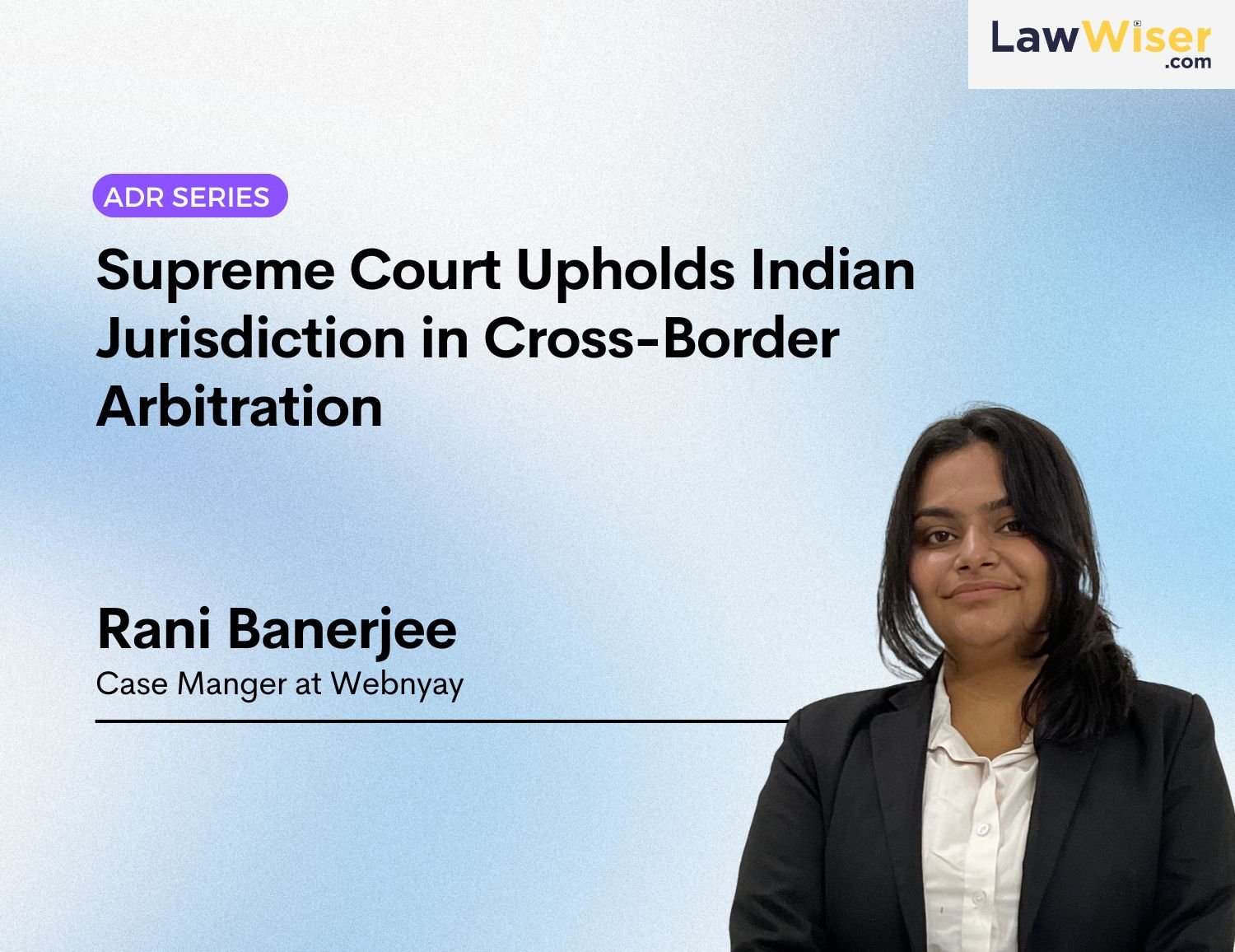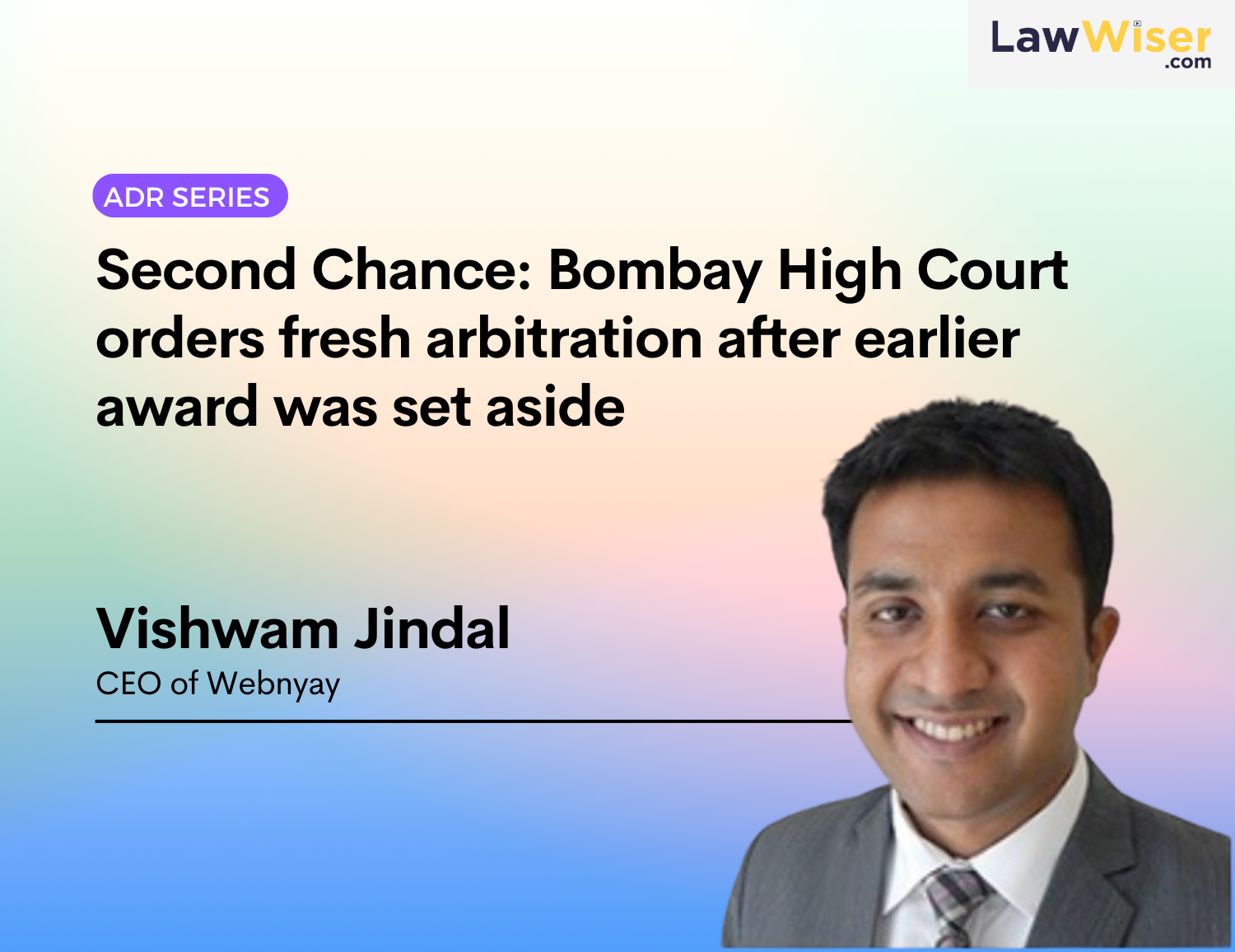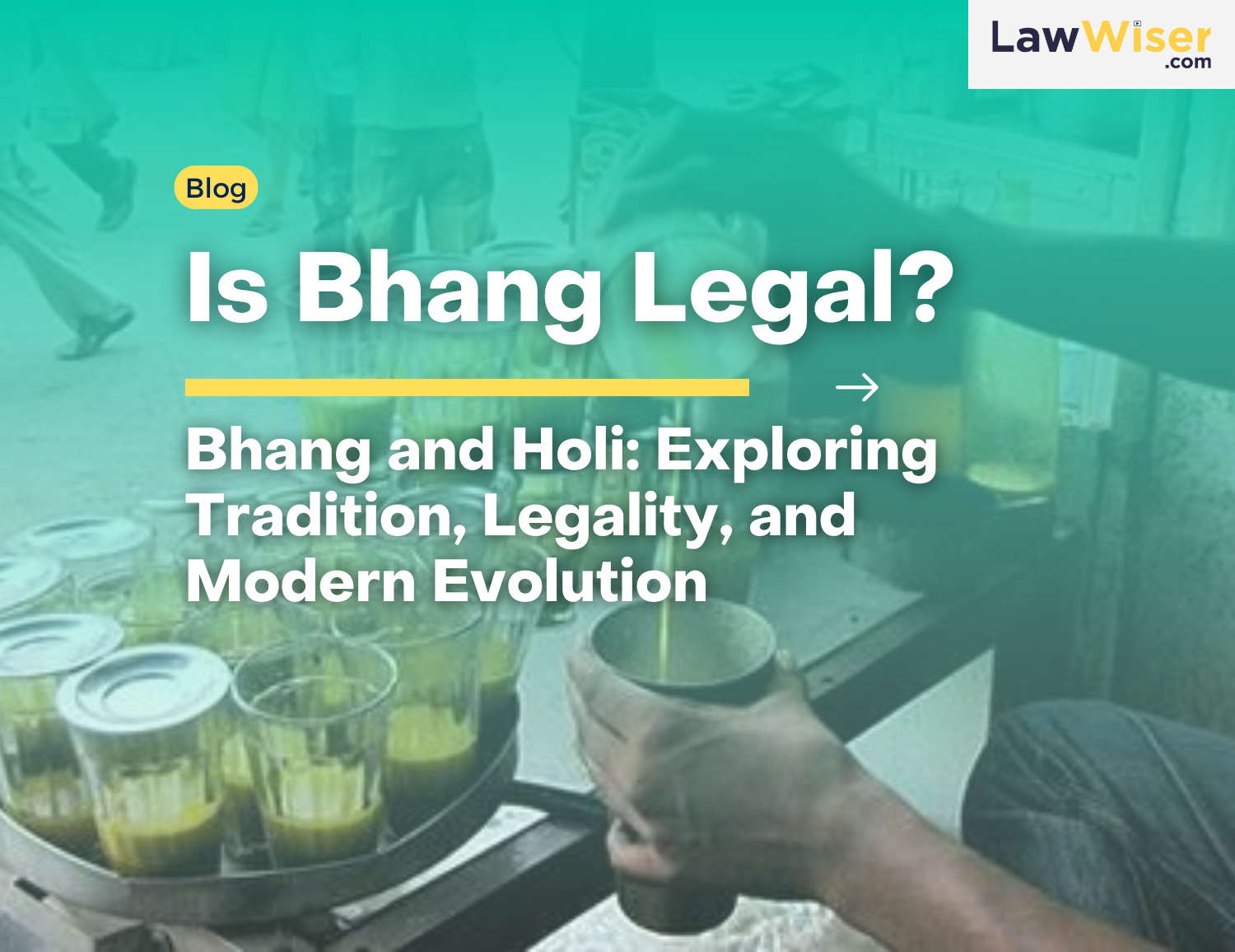Can you share three specific moments that you feel shaped your professional trajectory?
The first moment that significantly shaped my professional trajectory was in 1991, when I passed the Solicitor’s examination (more so, since the passing percentage of this exam is very low, with often none clearing the exam and sometimes merely 6 to 8 persons clearing, whether then or now). This was followed by my placement in Crawford Bayley & Co (CB) in January 1993 under Mr. R. A. Shah (one of the best things to happen in my life). All at the same time, India opened its doors for FDI in July 1991. After the initial apprehensions of foreign investors, investments started flowing into India by mid-1992. CB was then one of the leading law firms having diverse areas of practice, in particular, foreign investments, with Mr. R A. Shah having a large corporate and foreign investment practice. He was then, and even now continues to be, a stalwart in FDI and M&A. On one hand, FDI was opening up gradually with new sectors being added for investment under automatic route every few months and on the other hand SEBI was constituted in 1992. Both these laws (coupled with relevant Rules and Regulations framed thereunder) shaped the future of India and I was fortunate to be a part of the absolute nascent stage.
The privilege of working with Mr. R A Shah, observing and learning his style of working, interpretation of law, sound commercial and practical advice, art of negotiation and many other soft skills are perhaps the biggest assets I gained while working with him. I was involved in almost every new sector that was gradually opening up for foreign investment, such as telecom, aviation, power, Euro Bonds, etc.; and at the same time also got to work on SEBI governed regulations such as open offer, buyback. Perhaps those seven years in CB, and in particular, working with/ under Mr R A Shah has been the most contributing in shaping my career.
This phase of my life was followed by another career boost, when I, along with few other colleagues, started the current firm, Rajani Associates. There were no search engines or online documents then available. This limitation compelled us to do extensive research, self-develop our library, data bank and prepare documents and complex opinions from scratch. The computers then were elementary and internet was hardly of any use, other than for sending and receiving emails; unlike today, where on the press of a button one can download several articles written by eminent personalities. The challenges of those times, in my view, helped and defined not only me, but most lawyers of that era.
I believe the third defining moment of my career is yet to come.
Describe one challenging assignment in your legal career. Can you provide some details about how you approached and overcame the challenges?
There have been several challenging assignments during the past 30+ years and they will continue to flow. Since I have been asked to describe one challenging assignment, I would like to mention the one very close to my heart. In early 1999, while in CB, Mr R A Shah received a large M&A transaction (as I recollect, it was pipped then as the largest all cash M&A transaction). We were acting for the (Indian) seller (a large listed company). The transaction was assigned to me. Despite the complexity and the ticket size, surprisingly I was the only one on this assignment along with my senior Mr. R A Shah. The purchaser (a multi-national company) was represented by two Indian law firms and one foreign law firm. Over a period of time, I was single-handedly working on the assignment with six lawyers on the other side. The transaction had all the facets of the complex transaction, multiple transaction documents (with unusual transaction documents), protracted negotiation of transaction documents and my involvement in the commercial discussions (along with the client). All these challenges put together truly helped me conquer my fears of being a starting out lawyer and helped me shape into a lawyer with not only the acumen of attending to large transactions as a lawyer with legal lens, but also with a commercial touch. This assignment (along with many more) geared me to prepare and negotiate transaction documents while all the time also respecting the commercial understanding. It was this single large transaction that gave me the wings to start Rajani Associates.
How do you see technology shaping the future of legal practice?
Historically, technology has always been a curse and a blessing at the same time. Can technology provide some assist in the legal profession in the future? May be. Can technology replace a large part of what lawyers do? Definitely not. Unlike popular belief, where people believe that documents can be replicated with minimum changes, the fact is that all good lawyers have the ability to understand, anticipate and deal with each matter and client with a new lens and a new perspective. Every matter requires a new understanding, a new way forward and a new outcome, which I do not see technology providing.
Everyone gives tips on what to do. We would like to ask about the don’ts! Based on your experience, what do you feel are some of the things not to do, if one is to become a successful lawyer?
Just the way, when sick, one needs a doctor to hold hands, when in need of legal help – one needs the lawyer to show way… This makes the client servicing a very large part of what we do. DO NOT take any client for granted. DO NOT generalise any situation or matter. DO NOT be too distracted when a client is speaking with you, because no matter at what scale the matter is for you, for that client, his transaction is his priority.
Can you share the impact mentorship had on your professional journey? In your current role, what are the opportunities you get to mentor young talent?
I have been fortunate to have one of the best lawyers Mr. R A Shah as my mentor. His sharp mind, vision and ability to teach me, when I was with him, is what has shaped me as a lawyer. Since then, I have strived to do the same. A lawyer learns both from theory and practice. When on a matter, I not only give answers to the budding lawyer, but help the budding lawyer, think, analyse, rationalise and understand why. I still enjoy these teaching moments.



 June 24, 2024
June 24, 2024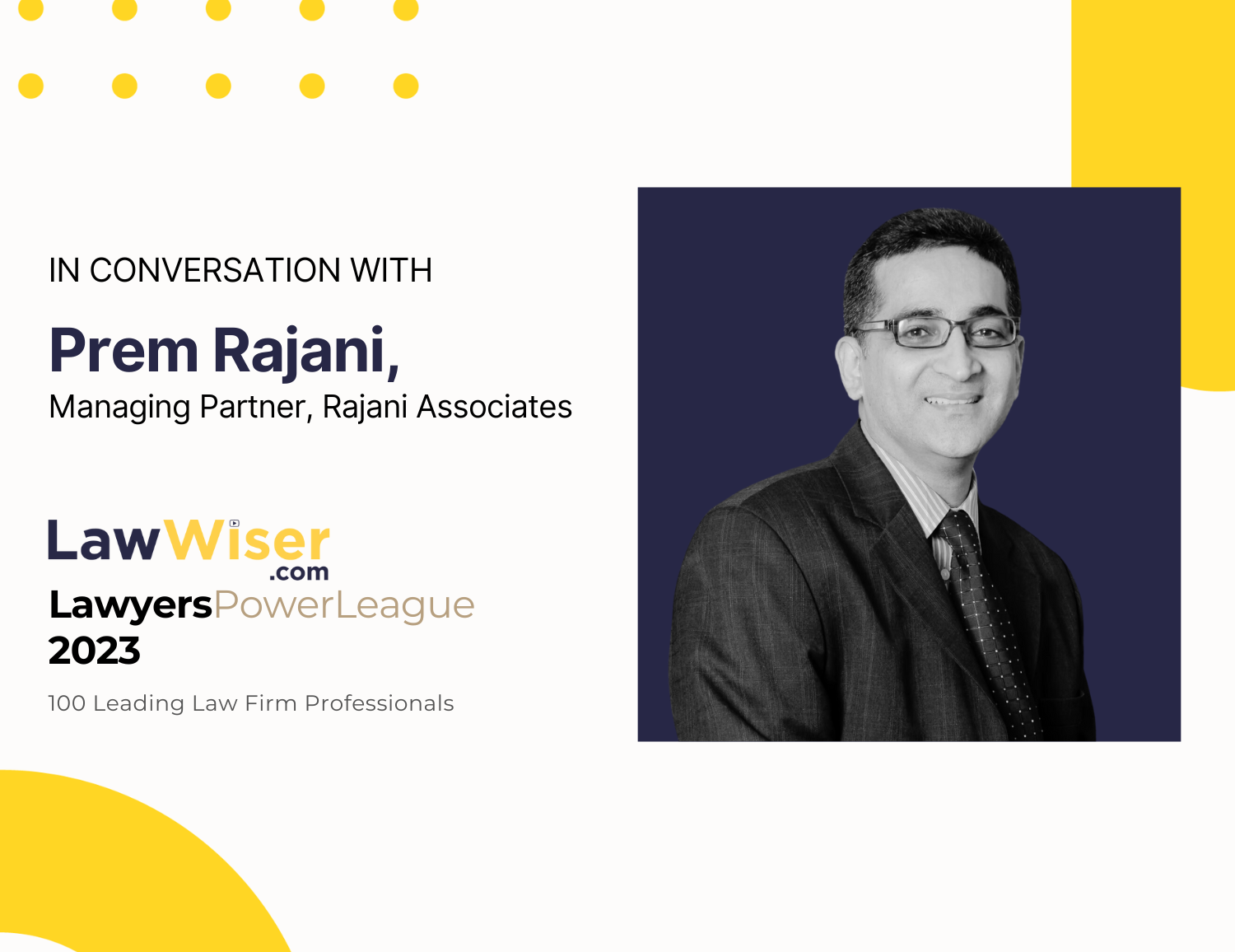


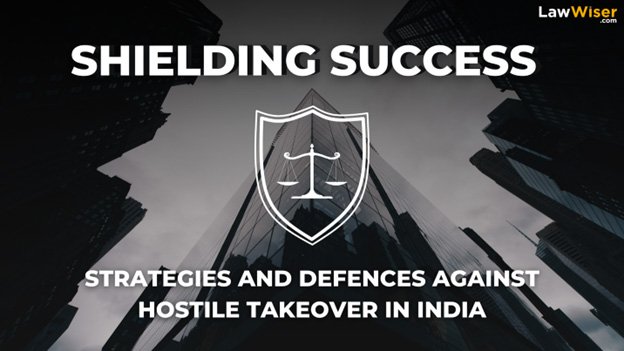
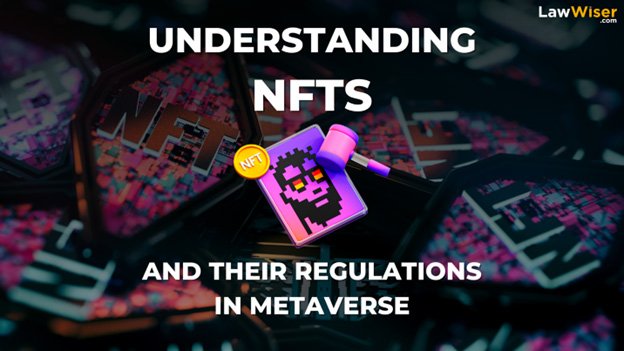




 July 7, 2025
July 7, 2025 0 COMMENTS
0 COMMENTS

